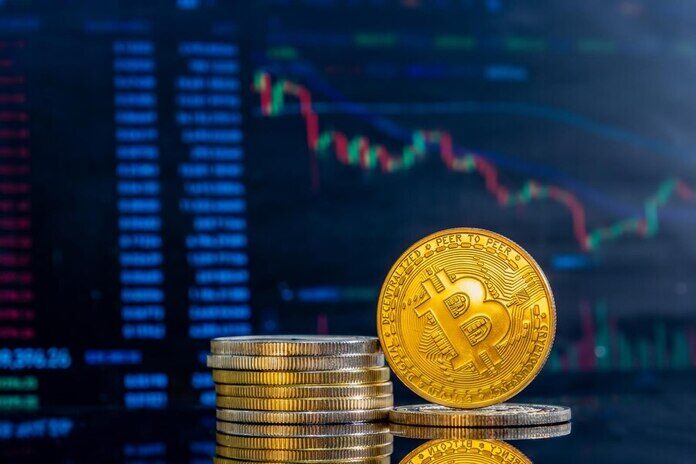The fourth and largest of a series of blockchain supporter rallies is set for Bangalore on March 30, and is anticipated to have a huge public impact because of the planned participation of numerous developers — the key to India’s blockchain growth.
Previous rallies this month in Delhi, Mumbai and Hyderabad saw thousands of crypto and blockchain enthusiasts and professional stakeholders take to the streets.
The Reserve Bank of India (RBI) ordered financial institutions to stop dealing with cryptocurrency businesses last year, with a ban coming into effect on July 5. The government and India’s Supreme Court have since wrestled with whether that ban is proper, holding hearings and postponing crucial decisions as debate ensued.
Now the Supreme Court is set for a final hearing on the matter. They are then expected to issue a decision in the weeks following that meeting.
But the Indian street isn’t waiting to make its feelings on the issue known.
Akshay Aggarwal, the co-founder of Blockchain India, an incubator for blockchain developers, noted that the protest crowds in all three cities presented a different flavor. While “all three presented intellect and rebellion,” Delhi saw a crowd that didn’t mind challenging the authority, while the people in Mumbai were more about showing that their time has value and that they wouldn’t be spending time on blockchain if it had no basis. “It was more about money,” Aggarwal said.
Hyderabad, however, witnessed a crowd that was open to a neutral discussion and was ready to consider both the pros and cons of cryptocurrencies, Aggarwal said. They believed that the crypto space needs to experiment and try to advance the sector.
RBI and government indecision hurts adoption
The RBI’s ban on financial institutions from dealing with crypto exchanges and users has tremendously affected the acceptance of cryptocurrencies in the Indian subcontinent. Additionally, the sustained indecisiveness of the Indian government over crypto regulation has turned merchants accepting crypto payments sceptical of the legitimacy of digital money. This, in turn, has barred them from continuing to provide products and services in return for cryptocurrencies.
That has caused Indian businesses much agita, even among those who have previously embraced the crypto revolution.
Arunn Gupta is the co-founder of Startup Cafe in Gorakhpur, Uttar Pradesh — the first co-working space in India to accept cryptocurrency payments.Last year, he watched the habits of the new business people who worked there and reached a decision.
“Many of the co-workers who attended Startup Cafe were already invested in Bitcoin, so I thought it would be a better mode of accepting payments, as the total value may increase in the near future,” Guptaa said, who added crypto payments for services late last year. The move was a hit, as five of his clients paid in Bitcoin and Litecoin.
But Guptaa no longer accepts cryptocurrency payments because of the ban imposed by the Reserve Bank of India (RBI). He, like other merchants, is watching to see what happens next.
Kailash Suryawanshi, the owner of the second Indian restaurant to accept Bitcoin payments, said he received “only three Bitcoin payments during the one plus year” when crypto payments were accepted at his restaurant. Given the fact that the restaurant was situated in the Silicon Valley of India, Bangalore, the extremely small number of Bitcoin payments was disappointing to the merchant. He may not return to the payment method if the RBI ban on cryptocurrency dealing is lifted.
Fear, hope and the reality surrounding cryptocurrencies
Aggarwal said the street demonstrations are occurring mainly because the whole crypto space “represents a world different than we currently live in, a more efficient one, a more evolved one. One that is so different, that none of us is able to figure out if it would directly do more positive impact that the negative. On top of it, we don’t understand it completely, especially its multifold effects and we always fear, what we don’t understand.”
The biggest fear is FOMO — fear of missing out — and Indian entrepreneurs are afraid that the opportunities afforded by the blockchain and cryptocurrency industries may miss the subcontinent, with disastrous ramifications.
The one thing that the Indian community appears sure of is that, sooner or later, the crypto mass-adoption will occur. But the question is, will the Indian regulators be supportive of it? Or will India keep losing excellent opportunities to help its people live in a more technologically advanced nation?
It is now up to the Supreme Court’s hearing that will mark the delivery of the final report on cryptocurrency. That, along with the demonstrations, will likely decide whether cryptocurrencies further will penetrate into the lives of Indians or are drawn away from it.




